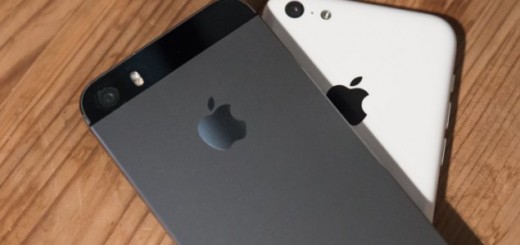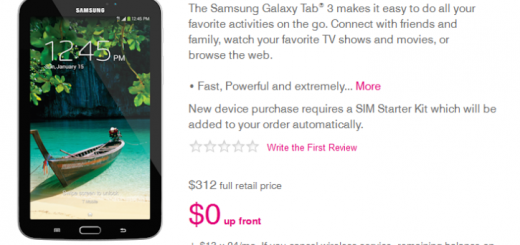Intel’s Haswell processors can boost the tablet sales
Not long time ago the gap between smartphones and tablets from one side and PC’s from others was huge. The phone manufacturers were struggling to combine all features like camera, GPS and large display into one compact device, which would provide the desired level of user experience. Now, the immense development has lead us to the point where the smartphones are starting to compete with the PC industry – the devices are not just phones, but they are mobile computers having many other features than just receiving calls.
Speaking about the tablet revolution, the situation is similar. Back in time, the tablets could be easily distinguished from the desktop PC’s – they were expensive, slow and didn’t provide the needed experience. Over the years, tablets become more sophisticated, with thin bodies, delivered more battery life, and become more affordable. Even if tablets didn’t replace the traditional PC’s, they augmented them and enhanced the overall user experience.
One of the key factors for the tablet’s success is the operating power and the processor speed. Recently, Intel announced its new generation of chipsets called Haswell which is going to impact the whole IT business. According to the tests, Haswell processors will provide 10% more CPU, and twice more GPU performance, but the most important point here is that the power consumption will be decreased to 7 watts. Having 7 watts of SDP, the future tablet would have 8-10 hours of battery life and it would have similar to traditional PCs performance.
Of course, the new powerful processor would need a fan, leading to thicker tablet body, but you need to make some trade-offs to have similar to PC power. We don’t think that Haswell will kill the traditional PCs – they will be always preferable from the corporations and businesses, but the average user would be swayed to buy a new Haswell based tablet instead of desktop or detachable PCs. In any case, the new Haswell processors could be the game changer to the 10-inch tablets and to the whole PC industry.
Source: Forbes




